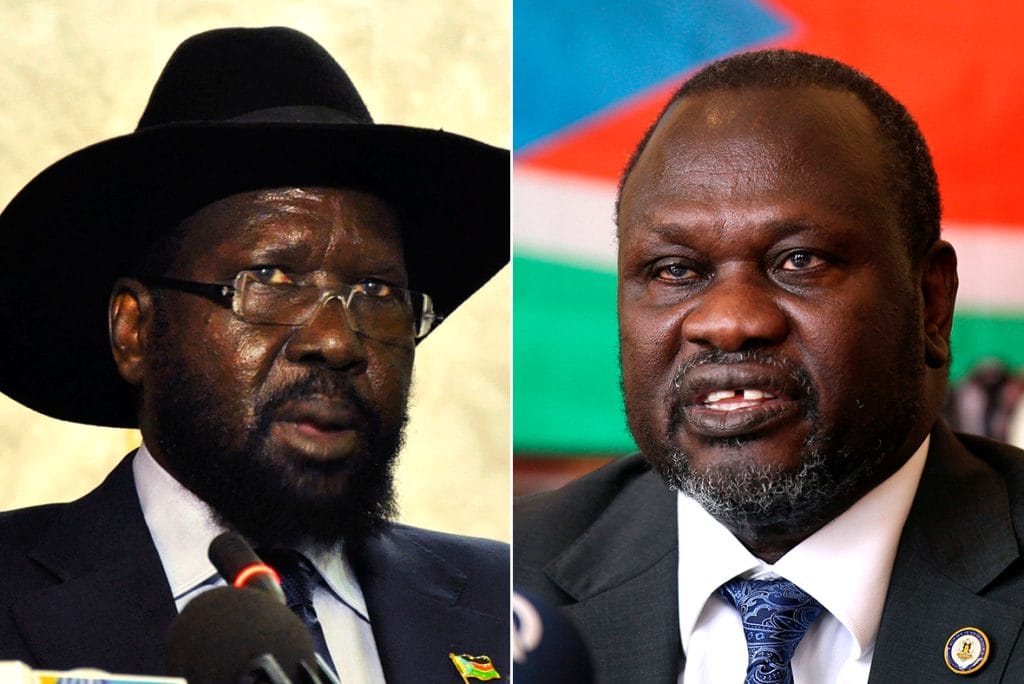South Sudan is scheduled to hold its long-awaited general elections in December 2026, a delay from the original December 2024 timeline. The postponement is attributed to incomplete preparations, including the need for a census, a permanent constitution, and political party registration.
The delay, announced in June, extends the transitional government’s tenure under President Salva Kiir, raising questions about the nation’s readiness for its first democratic vote.
Abendengo Akok, head of South Sudan’s National Electoral Commission, emphasized that political will and adequate funding are essential for successful elections. “If we are serious, two years are enough for us to run the election,” Akok stated.
UNMISS chief Nicholas Haysom cautioned that poorly managed elections could destabilize the country. “Properly prepared elections, preceded by trust-building, can transform a divisive exercise into nation-building,” Haysom said, urging collaboration and unity among citizens.
South Sudan’s election history has been marred by delays. After gaining independence from Sudan in 2011, the country planned its first election for 2015, but a civil war erupted in 2013. The 2018 peace agreement between President Kiir and rival Riek Machar paved the way for elections this year, but unresolved logistical and financial challenges led to further postponement.
With only two years remaining, key tasks such as conducting a census, drafting guidelines, and securing funding remain unaddressed. Gabriel Deng, deputy chair of the electoral commission, revealed that preparations have stalled due to budgetary constraints.
Despite these hurdles, citizens like Wani Yusuf remain hopeful but skeptical. “If elections were delayed this long, it’s hard to believe they’ll happen in two years,” Yusuf said.
As South Sudan works toward its first democratic elections, the focus remains on overcoming logistical, financial, and political barriers to ensure stability and progress for the world’s youngest nation.


